The Bangladesh government is trying to calm tensions and prevent new protests.
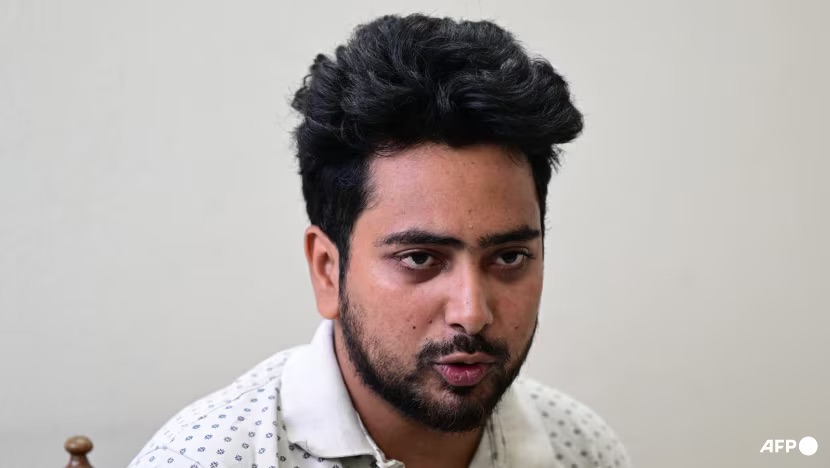
Nahid Islam, one of the leaders of the Students Against Discrimination protest group, was released on August 1, 2024. Photo: AFP/Munir Uz Zaman
Students Against Discrimination staged nationwide protests last month that led to a police crackdown and the deaths of at least 206 people, according to police and hospital figures. The group’s leaders were among thousands arrested in the police crackdown, one of the worst riots in Prime Minister Sheikh Hasina’s 15-year rule.
Prime Minister Hasina's government restored order after deploying the army, imposing a curfew and shutting down mobile networks nationwide for 11 days. More than 10,000 people were arrested following the riots, according to local media.
Small, sporadic protests resumed in cities across Bangladesh this week after other members of the Students Against Discrimination group ended a suspension of their protests. They vowed to restart the campaign after the government ignored a Monday deadline to release their leaders.
“Their detention is arbitrary and illegal. There is growing criticism from within the country and internationally,” said Mubashar Hasan, a researcher at the University of Oslo. He said the leaders’ release showed the government was trying to “de-escalate” the protest movement.
Protests erupted last month over the reintroduction of a quota system that reserves more than half of government jobs for certain groups. With some 18 million young Bangladeshis unemployed, the quota system is said to have created a severe jobs crisis.
Prime Minister Hasina has been in power in Bangladesh since 2009 and won a fourth consecutive election in January after a vote with no real opposition. Her government has been accused of using state agencies to consolidate power and stifle dissent.
Ministers accused opposition parties of inciting riots, with mobs setting fire to government buildings and dozens of police stations. The government has banned public gatherings by Jamaat-e-Islaami, Bangladesh's largest Islamist party.
European Union foreign policy chief Josep Borrell has condemned the police crackdown, accusing it of using "excessive and lethal force" against protesters and others.
A human rights law firm has sent a letter asking the International Criminal Court in The Hague to conduct a preliminary investigation into the violence. “There is no evidence that the Bangladesh government will conduct an independent or thorough investigation into this incident,” the letter said. Any individual or group can request the ICC to review a case, but the ICC is not obligated to handle it.
Cao Phong (according to CNN, AFP, Reuters)
Source: https://www.congluan.vn/canh-sat-bangladesh-tha-thu-linh-sinh-vien-nham-xoa-diu-cang-thang-post305931.html


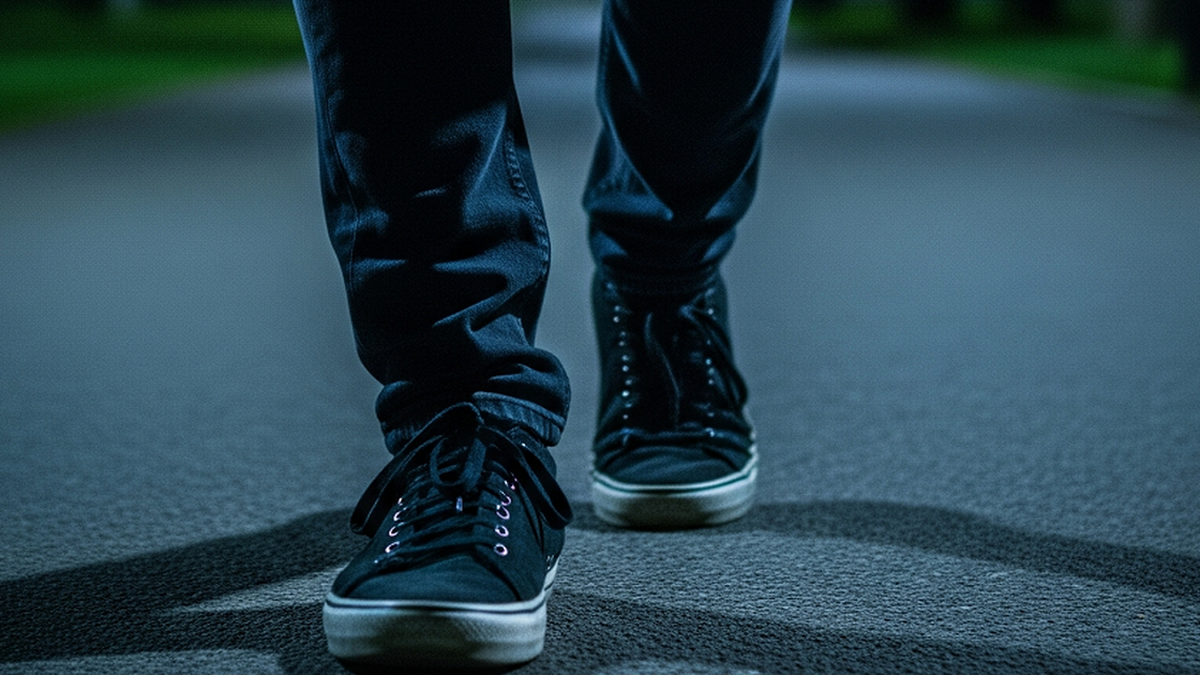
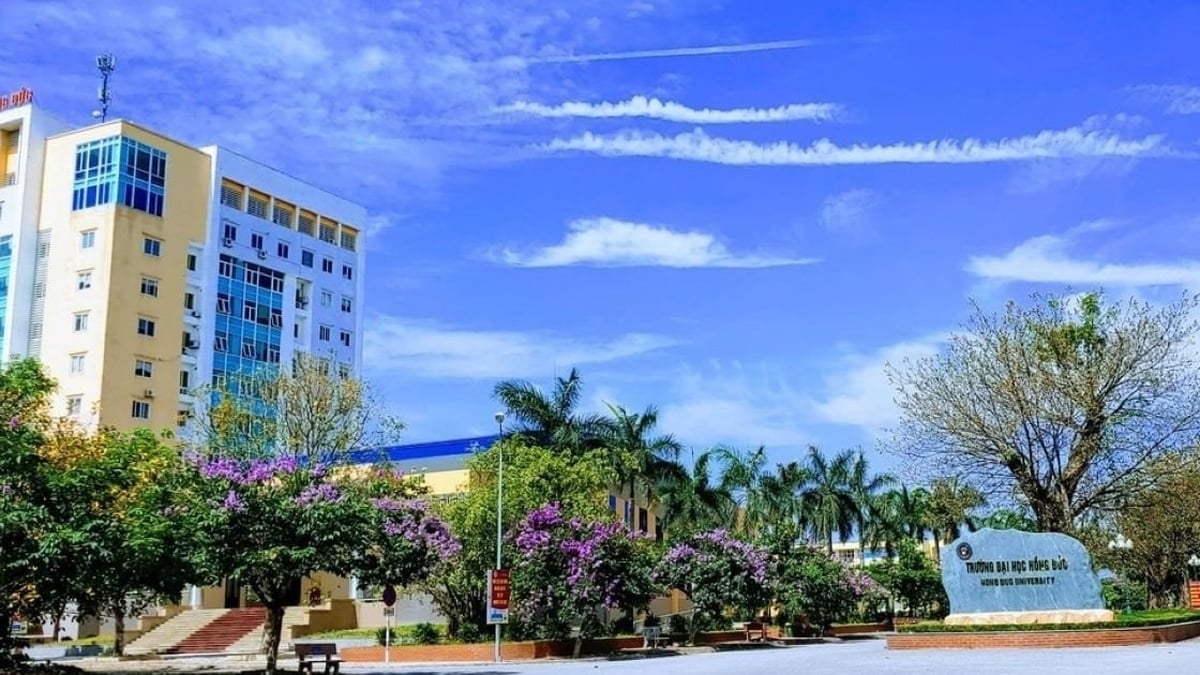
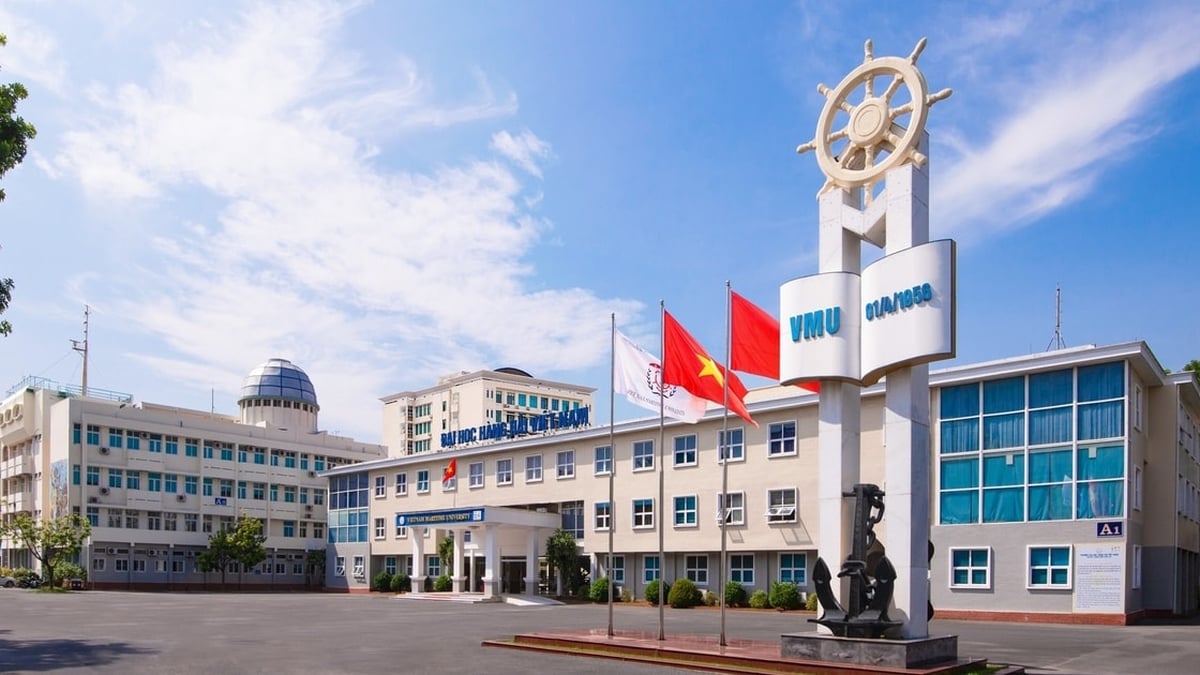
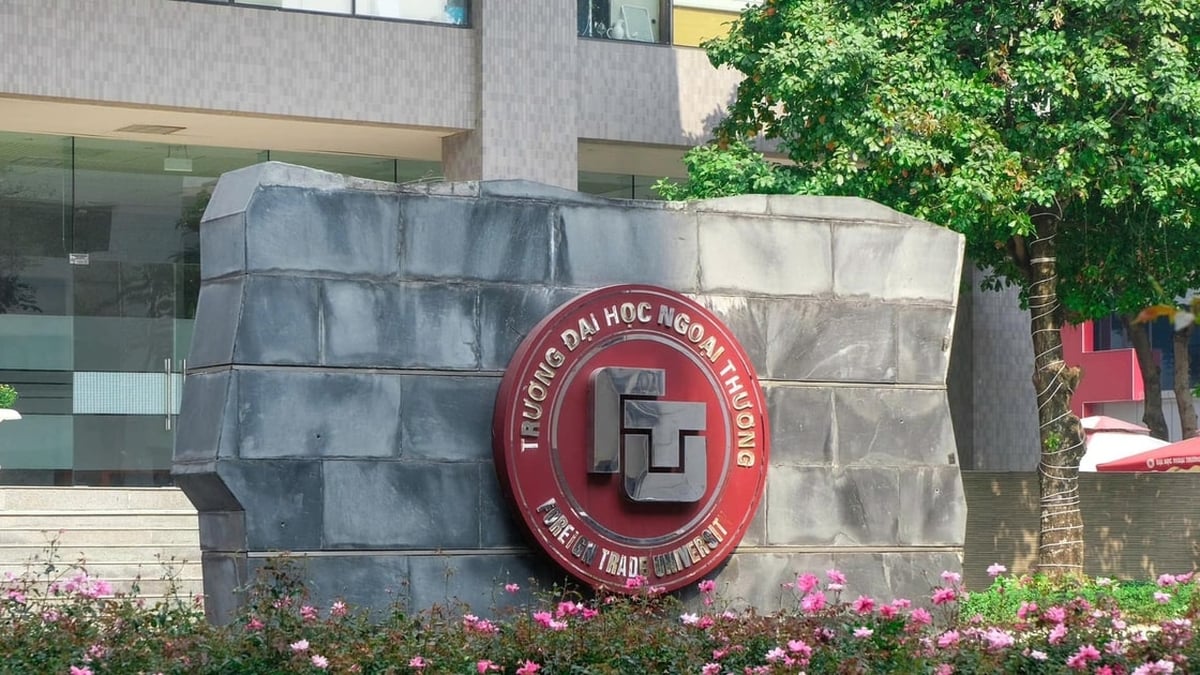
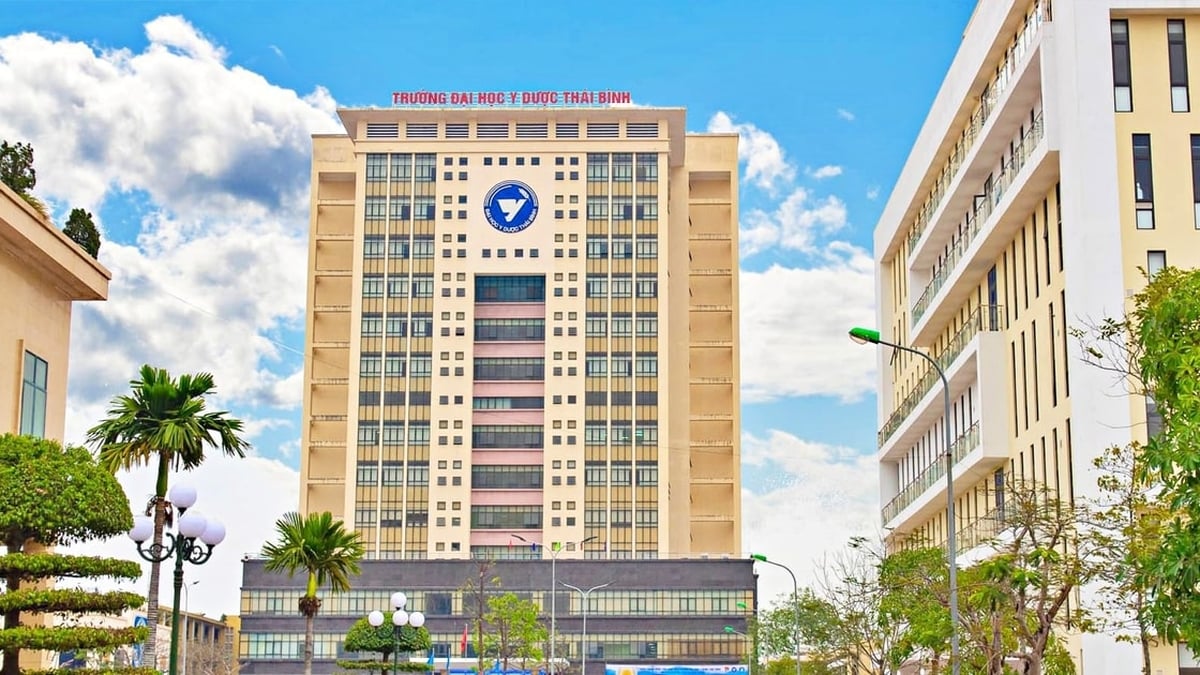
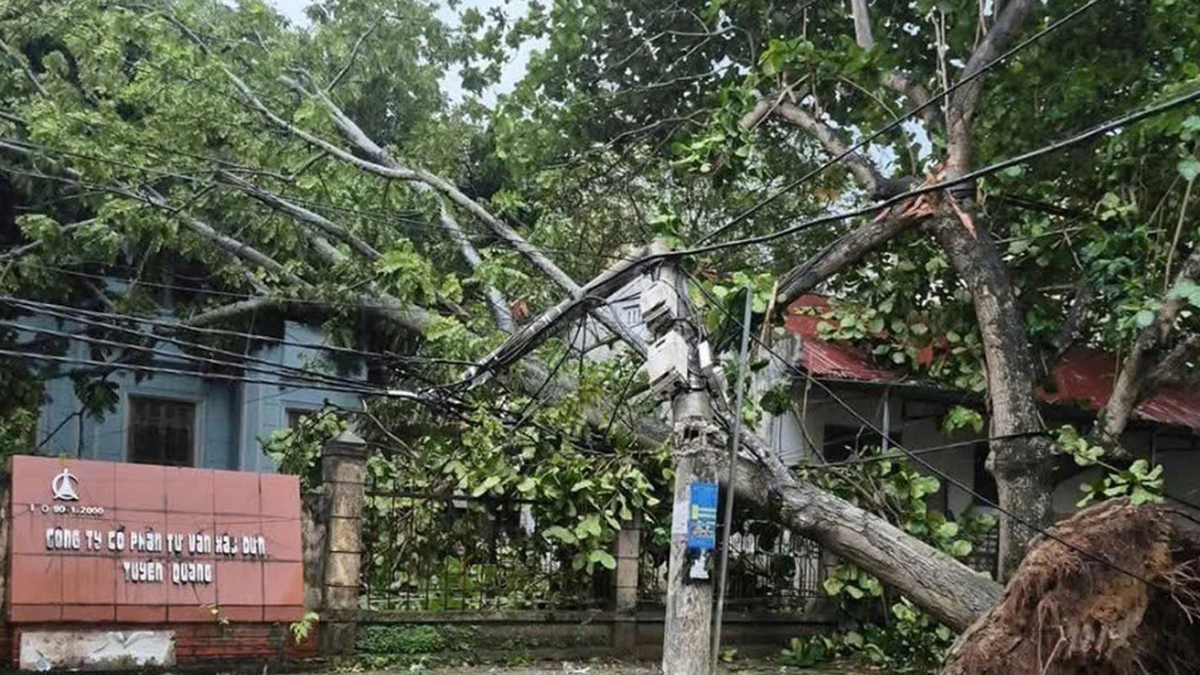

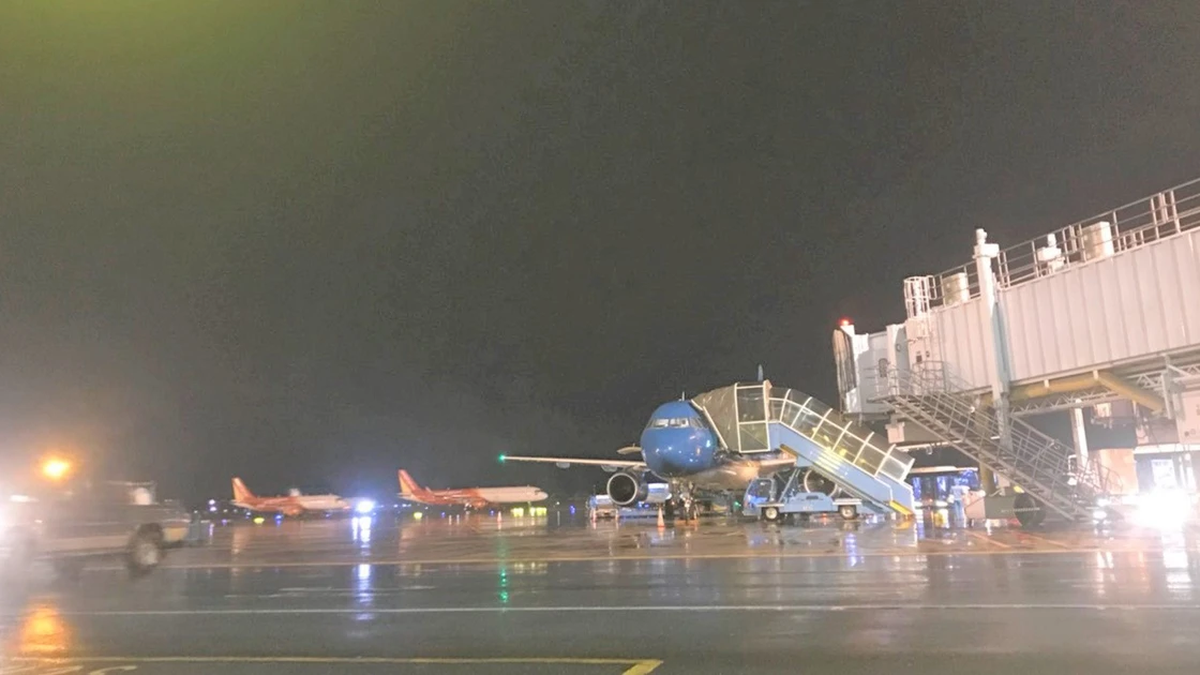
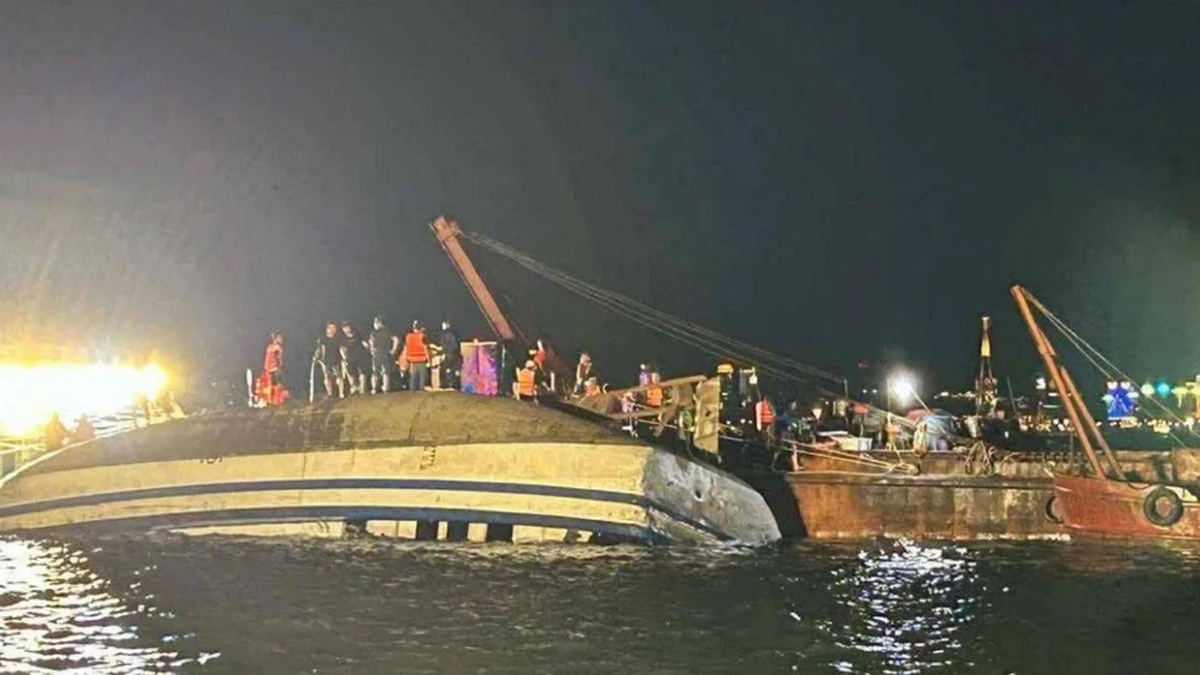























































































Comment (0)